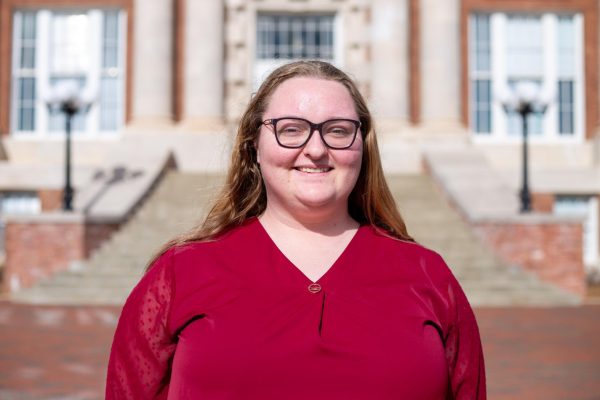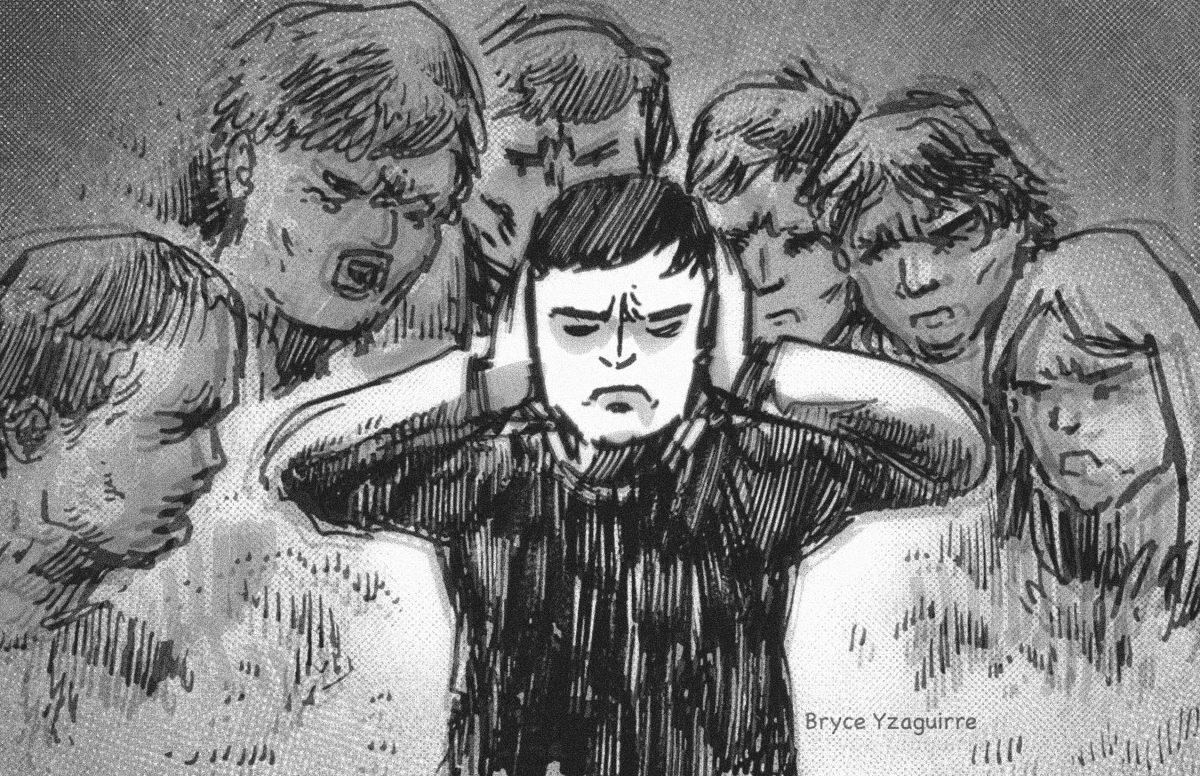Have you ever felt an obligation to speak on a situation that you do not feel qualified to talk about? How did you react?
On September 14, The Hollywood Fix posted a video to their TikTok account of Jojo Siwa leaving a restaurant in Los Angeles and being met by several reporters and paparazzi. One such reporter had quite the question for Siwa, asking her “Do you think every liberal democrat should take home a migrant to show their support for open borders?”
The question was obviously in reference to President Joe Biden’s immigration policy changes following the Trump administration. The question inherently is not odd, but the question immediately on everyone’s mind was, why ask Jojo Siwa?
Aside from being a 20-year-old woman simply trying to leave dinner, Siwa is an online personality known for her dance-related and child-friendly content. Why is she being asked about immigration policy, something she has never publicly addressed?
After watching that clip for the first time recently, I did not think too much about it. Sure, it was a little strange, but whatever. In my quest for post-class escapism, I opened Instagram and was immediately met with infographics concerning the current conflict between Israel and Palestine.
The posts, formatted with bold lettering against beige backgrounds, were being actively posted by celebrities and my peers alike, which led me to ask myself why. Why are so many people posting their thoughts on such a delicate, nuanced situation?
I would expect to see informational posts from politicians, diplomats, ambassadors, citizens of Israel, citizens of Palestine and other people directly tied to the conflict, but that does not explain why people that I attended middle school with were posting about it.
It reminds me somewhat of the weeks following George Floyd’s death in 2020 when the Black Lives Matter movement found its banner onto profile pictures and in social media bios. In fact, I remember posting a blacked out square in accordance with the hashtag #blackouttuesday. Why did I feel the need to do so? Why did my peers? Why are we posting now?
I spoke with other Mississippi State University students to get their perspectives on the matter.
Hannah Daniels is a junior studying business economics and Spanish. I asked Daniels if she felt pressure to share her opinions on matters publicly. She said yes, particularly in terms of social media.
“I’ve seen posts along the lines of ‘We see your silence,’ and during [summer of 2020], I got tagged in a post that told me to repost and tag three of my friends if I agreed with the cause … These posts directly pressure users on social media to take political stances or face the scorn of the internet,” Daniels said.
Annie Kirkpatrick, a junior studying English, echoed Daniels’ sentiments. She said that she had seen people being targeted online as a result of their silence, resulting in them being called “problems” or “co-signers of genocide.”
“Social media likes to use a language of extremes … I believe that these derogatory oversimplifications are rhetorical warfare that pressures people into joining conversations that they may not be prepared for yet,” Kirkpatrick said.
Annea Scales, a junior studying geoscience, disagreed. “I do not feel obligated to share my opinions publicly. I almost feel the opposite, like it is frowned upon,” Scales said.
Scales and I spoke about whether the cultural significance of the matter changed things. Scales said, “If people are dying or there is a large amount of harm being done, everyone should be concerned with it. When it is more of a preference thing, many should stay out of it.”
Cameron Mayers, a senior studying political science and communications, agreed with Scales on not necessarily feeling the same pressure that concerned Kirkpatrick and Daniels, although he attributed this to his “outspoken” personality.
“I’d go ahead and share my opinions without the need to feel obligated to share them, but I also feel that some people may feel obligated or pressured to share, just given whatever social groups or cultural norms that they were raised by,” Mayers said.
I asked all four students how they felt about the option of silence as a response to these possible sorts of external pressures and demands and was met with varying responses.
“I think the idea of silence and not having opinions on current events implies almost a sense of apathy towards said events. With that being said, however, I believe it’s extremely important to stay updated on what’s going on in the world,” Daniels said.
Scales said that silence was most definitely an option, particularly “when you are uneducated about the topic or it has nothing to do with you and is harmless.”
Kirkpatrick said that silence should “be our first instinct” until we have had time to research and feel grounded in our stance.
Mayers said that silence was complicated as “silence is only an option up to a certain point until it starts affecting people that you know, people that you’re close to, your loved ones and just the greater span of society.”
What do I think? I think @TheFirstOkiro on the social media platform X put it best: “I don’t think everyone is qualified to talk about politics, regardless of their social, celebrity or financial status. Silence helps the oppressors, but so does spreading misinformation & ignorance. To speak when properly informed is more powerful than to speak without purpose.” In other words, do your research, take your time and do not talk about things you do not understand.
Categories:
Social media politics require more consideration
About the Contributor

Haylee Morman, Staff Writer
Haylee Morman is a senior English major. Haylee is currently a staff writer for The Reflector.
0
More to Discover







